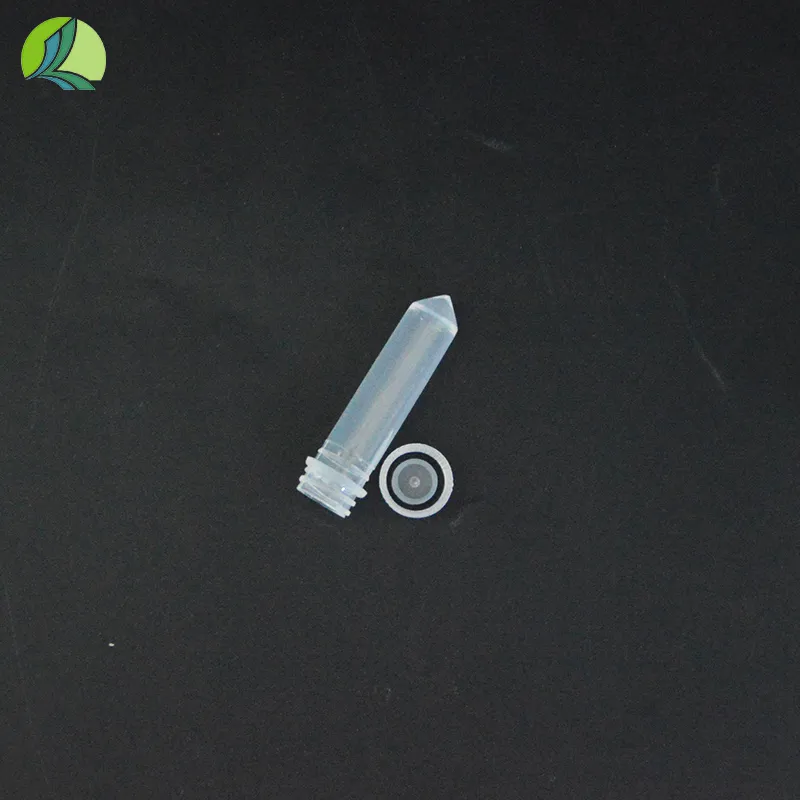
-
 Afrikaans
Afrikaans -
 Albanian
Albanian -
 Amharic
Amharic -
 Arabic
Arabic -
 Armenian
Armenian -
 Azerbaijani
Azerbaijani -
 Basque
Basque -
 Belarusian
Belarusian -
 Bengali
Bengali -
 Bosnian
Bosnian -
 Bulgarian
Bulgarian -
 Catalan
Catalan -
 Cebuano
Cebuano -
 Corsican
Corsican -
 Croatian
Croatian -
 Czech
Czech -
 Danish
Danish -
 Dutch
Dutch -
 English
English -
 Esperanto
Esperanto -
 Estonian
Estonian -
 Finnish
Finnish -
 French
French -
 Frisian
Frisian -
 Galician
Galician -
 Georgian
Georgian -
 German
German -
 Greek
Greek -
 Gujarati
Gujarati -
 Haitian Creole
Haitian Creole -
 hausa
hausa -
 hawaiian
hawaiian -
 Hebrew
Hebrew -
 Hindi
Hindi -
 Miao
Miao -
 Hungarian
Hungarian -
 Icelandic
Icelandic -
 igbo
igbo -
 Indonesian
Indonesian -
 irish
irish -
 Italian
Italian -
 Japanese
Japanese -
 Javanese
Javanese -
 Kannada
Kannada -
 kazakh
kazakh -
 Khmer
Khmer -
 Rwandese
Rwandese -
 Korean
Korean -
 Kurdish
Kurdish -
 Kyrgyz
Kyrgyz -
 Lao
Lao -
 Latin
Latin -
 Latvian
Latvian -
 Lithuanian
Lithuanian -
 Luxembourgish
Luxembourgish -
 Macedonian
Macedonian -
 Malgashi
Malgashi -
 Malay
Malay -
 Malayalam
Malayalam -
 Maltese
Maltese -
 Maori
Maori -
 Marathi
Marathi -
 Mongolian
Mongolian -
 Myanmar
Myanmar -
 Nepali
Nepali -
 Norwegian
Norwegian -
 Norwegian
Norwegian -
 Occitan
Occitan -
 Pashto
Pashto -
 Persian
Persian -
 Polish
Polish -
 Portuguese
Portuguese -
 Punjabi
Punjabi -
 Romanian
Romanian -
 Russian
Russian -
 Samoan
Samoan -
 Scottish Gaelic
Scottish Gaelic -
 Serbian
Serbian -
 Sesotho
Sesotho -
 Shona
Shona -
 Sindhi
Sindhi -
 Sinhala
Sinhala -
 Slovak
Slovak -
 Slovenian
Slovenian -
 Somali
Somali -
 Spanish
Spanish -
 Sundanese
Sundanese -
 Swahili
Swahili -
 Swedish
Swedish -
 Tagalog
Tagalog -
 Tajik
Tajik -
 Tamil
Tamil -
 Tatar
Tatar -
 Telugu
Telugu -
 Thai
Thai -
 Turkish
Turkish -
 Turkmen
Turkmen -
 Ukrainian
Ukrainian -
 Urdu
Urdu -
 Uighur
Uighur -
 Uzbek
Uzbek -
 Vietnamese
Vietnamese -
 Welsh
Welsh -
 Bantu
Bantu -
 Yiddish
Yiddish -
 Yoruba
Yoruba -
 Zulu
Zulu
Understanding the Functions and Applications of Reagent Bottles in Chemical Laboratories
Understanding the Purpose of Reagent Bottles
In the realm of chemistry and laboratory practices, the importance of proper storage and handling of chemicals cannot be overstated. One of the key tools employed in laboratories worldwide is the reagent bottle. These bottles are specifically designed to hold and dispense various types of chemicals, making them an indispensable component in both research and industrial settings. This article delves into the purpose of reagent bottles, their types, and their significance in laboratory operations.
What is a Reagent Bottle?
A reagent bottle is typically a glass or plastic container used to store liquid chemicals, solutions, or reagents. These bottles are engineered to withstand various chemical interactions while ensuring safety and ease of use. Commonly, reagent bottles come with a narrow neck and a ground glass or plastic stopper, which helps prevent contamination and evaporation of the contents. Their design often includes a label area for clear identification, crucial for maintaining organization in a busy laboratory environment.
Types of Reagent Bottles
Reagent bottles come in several varieties, each suited for specific types of chemicals or purposes. The most common types include
1. Amber Glass Bottles These bottles are particularly useful for light-sensitive chemicals. The amber color helps protect the contents from degradation caused by UV light exposure, ensuring the stability of light-sensitive reagents over time.
3. Plastic Bottles Typically made from materials like polyethylene or polypropylene, these bottles are lightweight and often used for storing less hazardous substances. They are less likely to break than glass bottles, making them suitable for certain environments.
what is reagent bottle used for

4. Demi-Sec (Half-Stopper) Bottles These bottles feature a stopper that allows for easier pouring of viscous liquids while maintaining the integrity of the contents.
5. Dropping Bottles Designed for ease of dispensing, these bottles typically have a dropper or pipette attachment for controlled release of liquids, essential for precise measurements in experiments.
Significance in Laboratory Operations
Reagent bottles play a crucial role in laboratory safety and efficiency. First and foremost, they help minimize the risk of chemical spills and contamination. The design of reagent bottles, with their secure stoppers and often colored glass, safeguards the chemicals within, preventing exposure to external elements that could lead to degradation or dangerous reactions.
Furthermore, proper labeling of reagent bottles is vital for laboratory protocols. Labels provide essential information such as the chemical name, concentration, date of acquisition, and hazard warnings. This is crucial for ensuring that lab personnel can quickly identify and handle chemicals safely.
In terms of efficiency, reagent bottles facilitate easy access to frequently used chemicals. By organizing reagents in clearly labeled containers, laboratories can streamline their workflow, allowing for quicker experimental setups and reducing the time spent searching for specific chemicals.
Conclusion
In summary, reagent bottles are integral to the functioning of laboratories across various fields. Their specialized design and durable materials make them suitable for storing a wide range of chemicals, while their importance in safety and organization cannot be overlooked. Understanding the various types of reagent bottles and their intended uses enhances laboratory efficiency and safety, ultimately contributing to successful scientific outcomes. Whether in academic research or industrial applications, the role of reagent bottles remains indispensable in the world of chemistry.
-
Premium Metal Dropper Bottle for Precise Dispensing 250ml & 1ml Options AvailableNewsJul.04,2025
-
20 ml Headspace Vials - High Quality Polyethylene & Plastic Vials for Lab UseNewsJul.04,2025
-
Small Bottle with Pipette - Precise Dispensing 100ml Pipette Bottles for Essential Oils & Lab UseNewsJun.24,2025
-
Acetic Anhydride Bottle for Accurate Dropper Measurement in Pharmacy Use High-Quality Dropper BottlesNewsJun.10,2025
-
Innovative PET Bottle Design for Juice – Unique Shapes & Customization OptionsNewsJun.10,2025
-
20 Pack Sterilized Petri Dishes – Assorted Sizes, High Quality Small Plastic Petri Dishes for Lab UseNewsJun.10,2025






















